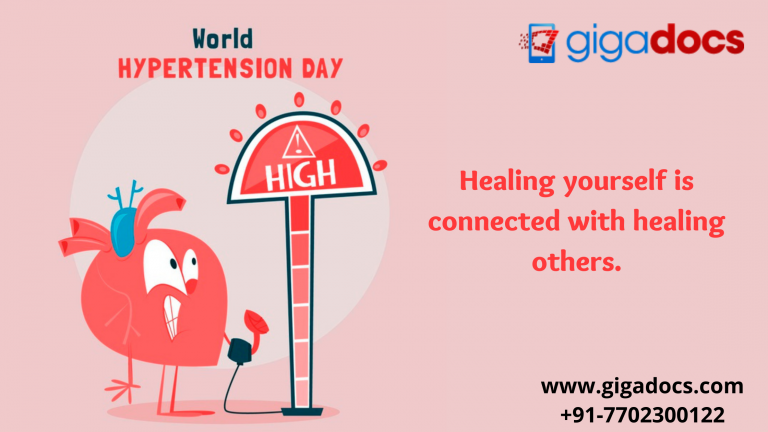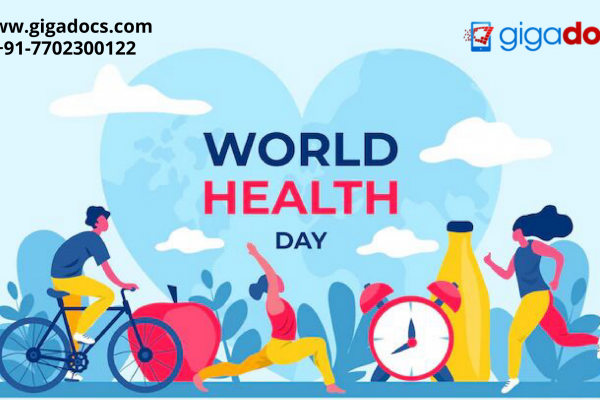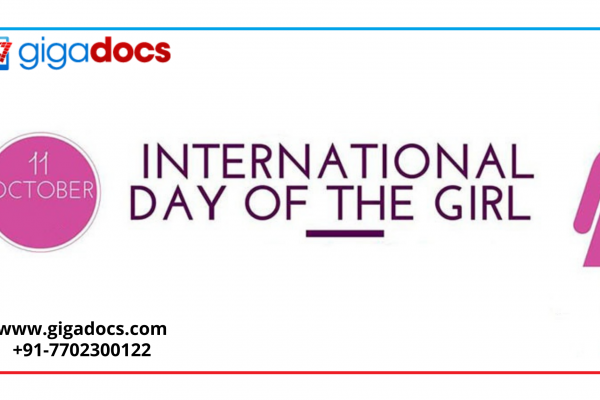Hypertension (high blood pressure)- a common condition seen across the elderly, may escalate to complicated health problems like heart disease or a stroke.
Hypertension is caused by the narrowing of the arteries, accompanied by a higher pumping of the heart. A blood pressure reading is recorded in millimeters of mercury (mm Hg) in two parameters-
- The top number (systolic pressure) is the first or upper number that measures the pressure of the arteries during your heartbeats.
- The bottom number (diastolic pressure) is the second or lower number that measures the arteries’ pressure between beats.
Types of High Blood Pressure-
- Primary hypertension- Develops progressively over time, without any common reason.
- Secondary hypertension- Develops as a side effect of an underlying condition. It may appear unexpectedly and cause the blood pressure to rise higher compared to in cases of primary hypertension.
Let’s discuss the Blood pressure range for different Hypertension stages-
BP Range
| Stages | BP Measurment’s |
| Stage 0- Normal | <80mm/ <120mm |
| Stage I- At Risk (Prehypertension) | 120-129mm/ <80mm |
| Stage II- High blood pressure (hypertension) | >80mm/ >130mm |
World Hypertension Day
More than one billion people around the world live with hypertension, which is a major cause of cardiovascular disease and premature death worldwide.
The World Hypertension Day is observed every year on May 17th. to raise awareness and encourage hypertension prevention, diagnosis, and control. This day dedicates to five pillars intended to improve global heart health:
- HUMAN HEART (cardiovascular disease management)
- EMPOWERMENT (Tobacco control)
- ACTIVE (Promote physical activity)
- SHIFT (Decrease salt consumption)
- REMOVE AND REPLACE (Remove bad – LDL fat)
Causes of Hypertension
Secondary hypertension can be caused by a variety of conditions and drugs, including:
- Obstructive sleep apnea (OSA)
- Kidney disease
- Tumors of the adrenal gland C
- Thyroid disorders
- Certain blood vessel abnormalities (congenital) are present at birth.
- Birth control pills, cold remedies, decongestants, over-the-counter pain relievers.
- Certain prescription drugs.
BP Risk factors
Hypertension has many risk factors, including:
- Age– Seniors are more likely to develop high blood pressure. Men have a higher blood pressure than women before they reach the age of 64. Hypertension is common among women after they are 65 years of age.
- Ethnicity– ace is a subject that comes up frequently in discussions. People of African descent are more likely than whites to have high blood pressure, which may develop at a comparatively younger age. Severe complications like stroke, heart attack, and kidney failure are far more common in African-Americans.
- Heredity – High blood pressure runs in families.
- Obesity– Obese people need to exert more pressure on their artery walls to ensure an increased flow of blood to supply oxygen and nutrients to the tissues.
- Physical inactiveness- People who are physically inactive have a higher heart rate, which means their heart must work more with each contraction.
- Smoking and tobacco– Smoking or chewing tobacco temporarily raise blood pressure. Besides, the chemicals in tobacco can harm the lining of the artery walls, which can cause the arteries to narrow and increase the risk of a heart attack.
- Increased sodium intake– An excessive amount of sodium in your diet will cause your body to hold fluid, raising your blood pressure.
- Potassium deficiency– Potassium aids in the balance of sodium in your cells. A healthy potassium balance is important for heart health. Sodium can build up in your blood if you don’t get enough potassium in your diet or if you lose too much potassium due to dehydration or other health problems.
- Alcohol consumption-Heavy drinking will harm your heart over time. Women who drink more than one drink per day and men who drink more than two drinks per day can experience an increase in blood pressure.
- Stress-induced hypertension– Stress-related behaviours like overeating, smoking, or drinking alcohol can lead to a transient rise in blood pressure.
- Chronic disorders– Like kidney disease, diabetes, may also elevate the risk of high blood pressure.
High BP and Brain Stroke
High blood pressure may cause a stroke by triggering the arteries that supply blood and oxygen to the brain to burst or become blocked. Strokes can cause significant impairments in voice, movement, and other basic functions. Hypertension is linked to poorer cognitive function and dementia later in life.
High BP in Kids
While adults are more likely to have high blood pressure, children may also be at risk. High blood pressure may be related to problems with the kidneys or the heart in some children. However, poor lifestyle habits, such as an unhealthy diet and lack of exercise, contribute to high blood pressure in an increasing number of children.
Hypertension and Covid Pandemic
Hypertension is common among patients with COVID-19 severe complications like acute respiratory distress (ARDS).
Higher risk comes from high blood pressure and certain prescribed medications like ACE inhibitors and angiotensin receptor blockers (ARBs). ACE inhibitors and ARBs raise levels of ACE2 enzyme. And to infect cells, the COVID-19 virus must attach itself to these ACE2 enzymes. Stopping these medications may worsen heart and kidney diseases, besides raising the risk of death.
Hypertension Treatment with Gigadocs
High blood pressure or “silent killer” comes without warning signs or symptoms, with many people unaware of them having it.
One of the most severe concerns about COVID-19 and hypertension management is that many high-risk patients restrict their travel to see their doctors due to the risk of contracting the infection. Telehealth appointments, such as those offered by the Gigadocs app, reduce this risk. Download the Gigadocs app and speak with a Cardiologist about self-measured blood pressure (SMBP) monitoring.
Discuss your health with expert doctors from the comfort of your own home using the Gigadocs app, your one-stop solution for all your healthcare management needs.
Download the Gigadocs app from-
- IOS App – apple.co/2W2iG4V
- Android App – bit.ly/33AQoRC
To know more and schedule a Virtual Consultation demo, Email, at info@gigadocs.com
Stay Home, Stay Safe!




